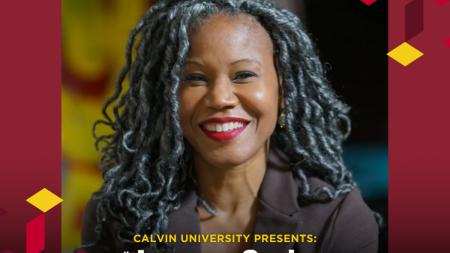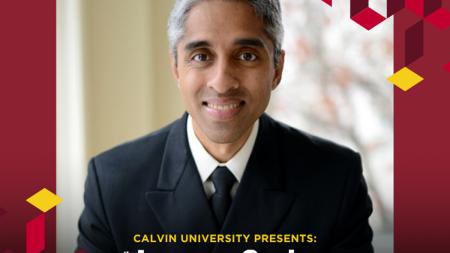CRCNA Spreading Restorative Practices

Since August, a new team of facilitators from across the CRCNA has led three workshops for local ministry leaders on “Becoming a Restorative Congregation.” Based on training previously offered by Shalem Mental Health Network of Hamilton, Ont., these two-day workshops – so far offered in Grand Rapids, Mich., and Telkwa, B.C. – introduced over 60 participants to a biblical vision and practical approach to making decisions, dealing with differences, and leading effectively during anxious times and conflicted events.
Andrew Oppong, a justice mobilization specialist for the CRCNA, cohosted the October event in Grand Rapids as a certified facilitator. “There was a genuine eagerness from attendees to explore what it will mean for their congregations to be restorative congregations,” he said. The goal of the training was for attendees to take the knowledge they gained and to present it to their congregations to put it to use.
Victoria White works as church services manager for All Belong: Center for Inclusive Education. After attending this training and learning more about restoration practices, she said, “I’m really eager to incorporate [these practices] in all that I do with congregations, and to see congregations incorporate them into how we do church.”
One component taught in the training was the use of listening circles. “I see [these] circles as a way to start any new topic for learning, as well as a great way to engage in tough conversations at board, committee, staff, and church business meetings.” White said. Restorative practices are useful for many situations, both proactive and reactive.
The first “Becoming a Restorative Congregation” training event led by a CRCNA training team was held in August. It was followed the next month by a Safe Church Webinar on the subject. The same approach was used in the Challenging Conversations: Next Steps Discernment process, also launched in September and now being used across the denomination. More training events and workshops are being planned, and a team of eight facilitators from across the U.S. and Canada is eager to deliver the training to ministry leaders throughout the denomination.
Earlier this month in Telkwa, B.C., Sean Baker, a consultant with Pastor Church Resources, and Liz Tolkamp, a member of the Restorative Practices Task Force of B.C. Classes, facilitated a similar training. Over 27 people participated in the Telkwa training, representing four of five Christian Reformed churches in northern B.C..
“This Telkwa group took to calling themselves ‘Team North,’ and you could tell they were energized to be together and saw each other as partners in ministry,” Baker said. Joe Ellis and Joel Ringma, pastors from two of the northern B.C. churches, mentioned they couldn't remember the last time leaders from all the northern churches got together for something like this training.
In addition to the multiple workshops and webinars, a Restorative Congregation cohort pilot program is scheduled to begin early next year. It will connect congregations for contextual learning in restorative practices. “This cohort will be all about learning and experimenting with circle processes to deepen relationships, create healthier church communities, and build capacity to transform conflict into opportunity,” Oppong said.
Aiming to reach many other congregations with this valuable resource, Rev. Eric Kas, a Safe Church ministry consultant, also serves as a CRCNA-certified facilitator for these training sessions. He cofacilitated the October training and laid out a plan for continuing to offer these events. “We intend to create a variety of accessible workshops, both in-person and virtual, that will focus on the restorative framework and ways congregations can use the continuum of restorative practices to create vibrant cultures marked by strong relationships,” Kas explained.
Simply put, restorative practices provide not just another tool but a way of thinking and being with one another that builds capacity of respect for one another, responsibility to each other, and relationships with one another; restorative practices change how we use all of our tools. “This framework, which prompts a new way of being together, is rooted in the cultivation and nurturing of deep relationships,” Oppong explained. “Given the very polarizing times we are in as a denomination and as a society, I believe the restorative practices framework is needed exactly for such a time as this.”


